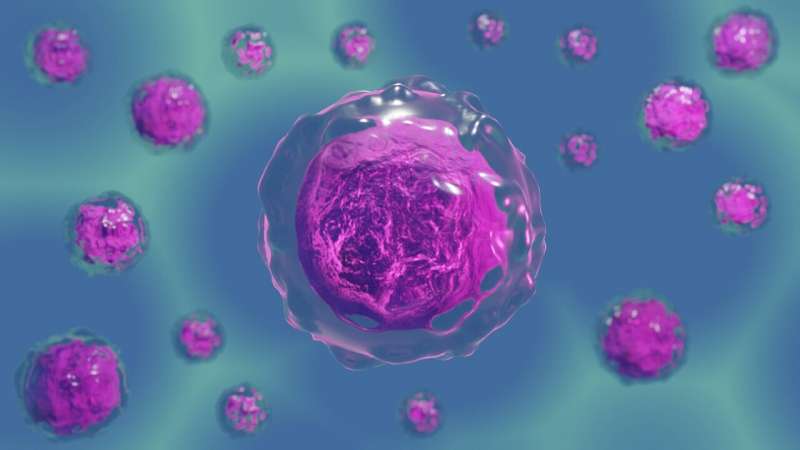Breakthrough Algorithm Enhances Imaging of Cardiac Tissue and Vessels

A new algorithm improves imaging of cardiac tissue and vessels, enabling earlier diagnosis and better management of cardiovascular diseases by enabling clearer visualization through existing microscopes.
A novel algorithm has been developed that significantly improves imaging capabilities for cardiac tissue and blood vessels, offering a promising advancement in cardiovascular diagnostics. Cardiovascular diseases remain a leading cause of death in the United States, with an alarming one death every 33 seconds. Diagnosing these conditions has historically been challenging due to the complex nature of cardiac tissue, which exhibits overlaying and natural fluorescence that can obscure imaging results.
The new technique, detailed in a recent publication in Nature Cardiovascular Research, leverages multiscale recursive decomposition to break down images into smaller, more manageable components across multiple scales. This approach allows for the precise extraction of dynamic cardiovascular signals, enabling clinicians and researchers to visualize structural details more clearly and measure functional aspects like heart chamber volumes in real-time.
Supported by the National Science Foundation, the algorithm enhances the clarity of images obtained through standard microscopes, making it widely accessible for various biomedical applications. Its ability to provide clearer, more detailed views could lead to earlier diagnoses of cardiovascular diseases, ultimately improving patient outcomes.
Beyond cardiology, this technology has the potential to advance live-cell imaging in other areas, such as neuroscience, by facilitating deeper, more accurate visualization of biological processes. The algorithm's compatibility with existing imaging equipment means it can be integrated into current diagnostic procedures without the need for extensive new infrastructure.
Researchers believe this innovation will help transform cardiovascular diagnostics by enabling more comprehensive and accurate assessments, paving the way for better treatment strategies and improved health outcomes. The research team includes Zhi Ling and colleagues, and the full study can be accessed via DOI: 10.1038/s44161-025-00649-7.
For more details, visit the Nature Cardiovascular Research journal or source information from the National Science Foundation.
Stay Updated with Mia's Feed
Get the latest health & wellness insights delivered straight to your inbox.
Related Articles
How 'Weird Shading' Illusions Help Explain 3D Perception in the Brain
New research reveals that the brain interprets shading through line patterns, rather than complex physics, explaining how we perceive 3D shapes from simple images and artistic techniques.
Advanced Near-Infrared Spectroscopy Enhances Screening for Sickle Cell Disease Progression
New research utilizing near-infrared spectroscopy offers a noninvasive, reliable method to monitor cerebral small vessel disease progression in adults with sickle cell disease, improving early detection and management.
Breakthrough in Biological 'Artificial Intelligence' System by Scientists
Australian scientists have developed PROTEUS, a revolutionary biological AI platform that accelerates molecular evolution within mammalian cells, opening new horizons for gene therapies and drug development.
Brain Stimulation Shows Promise in Reducing Cannabis Dependence in Multiple Sclerosis Patients
A new study by NYU Langone Health highlights how at-home brain stimulation combined with mindfulness can help reduce cannabis dependence in women with multiple sclerosis, offering a promising new treatment option.



